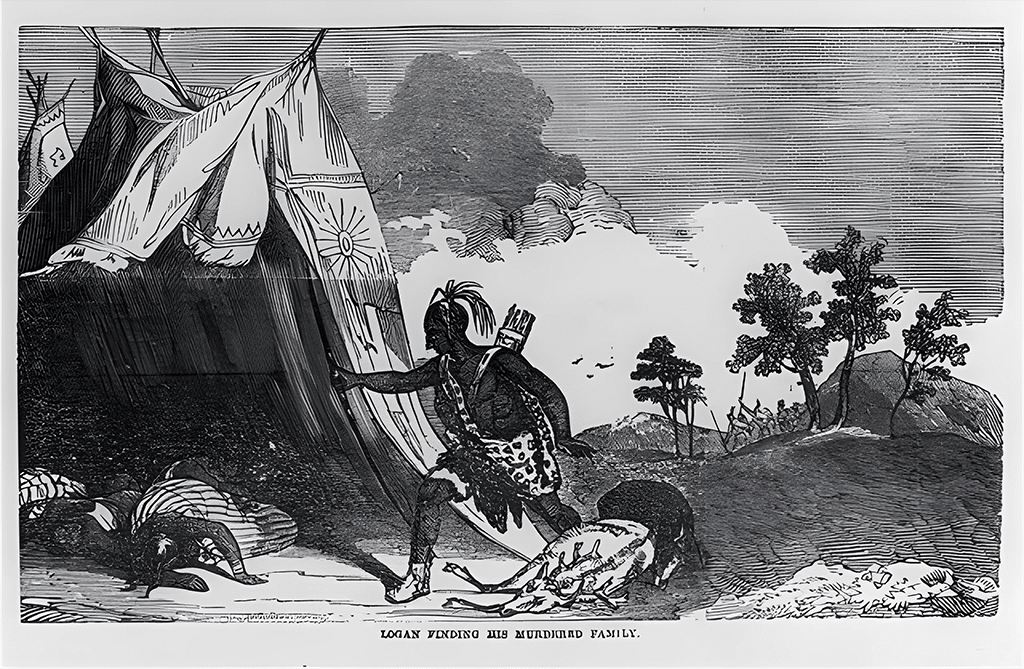Excerpts from: Americanism Redux: May 2, on the journey to the American Founding, 250 years ago today, in 1774
Some days you wake up and what you see surprises you. This is one of those days. War has started. Blood is spilled and flowing at Yellow Creek, in the upper Ohio River valley, west of Fort Pitt. A group of white people have massacred an unsuspecting set of Native men, women, and children from the Mingo tribe. Organized violence will follow. War. Elsewhere, Benjamin Edes and John Gill, printers of the Boston Gazette and Country Journal, have released important editions of their weekly newspaper. On page one of their regularly produced edition, Edes and Gill run the first reprint of a controversial essay written and published three months ago in England by “A Bostonian.” The essay’s topic is the destructive influence of British Solicitor General Alexander Wedderburn. In addition, Edes and Gill release a special edition of their newspaper devoted solely to articles and essays critical of Wedderburn. The readership in Boston and surrounding communities will learn that Wedderburn is the core source of abusive imperial power.
And a new name appears. He is John Morton, appointed in early May 1774 as justice on the Supreme Court of the colony of Pennsylvania. Morton is highly skilled, knowledgeable, and influential. As we will discover later in the Redux series, Morton is one of the most important leaders of the American Revolution. He is an Unknown Founder.
Americanism Redux, a series by historian author, Dr. Dan Miller, explores what Americanism meant 250 years ago and its significance for America today. Visit Dr Dan Miller’s website>

Reference: The Remnant Trust Collection
The Remnant Trust has in its archives a significant historical document relating to this week’s edition of Edes and Gill’s newspaper. It is Item (#0207), published in 1772, the seventh edition of John Locke’s “Two Treatises of Government.” This is where Locke describes his theory of natural rights and the legitimate path to revolutionary change. The essay penned by “A Bostonian” and reprinted by Edes and Gill shares Locke’s theory in more condensed form. It is, in essence, a newspaper advance copy of the first lines of the Declaration of Independence, written twenty-nine months later.
View The Remnant Trust “Wisdom of the Ages Athenaeum PDF for reference>

